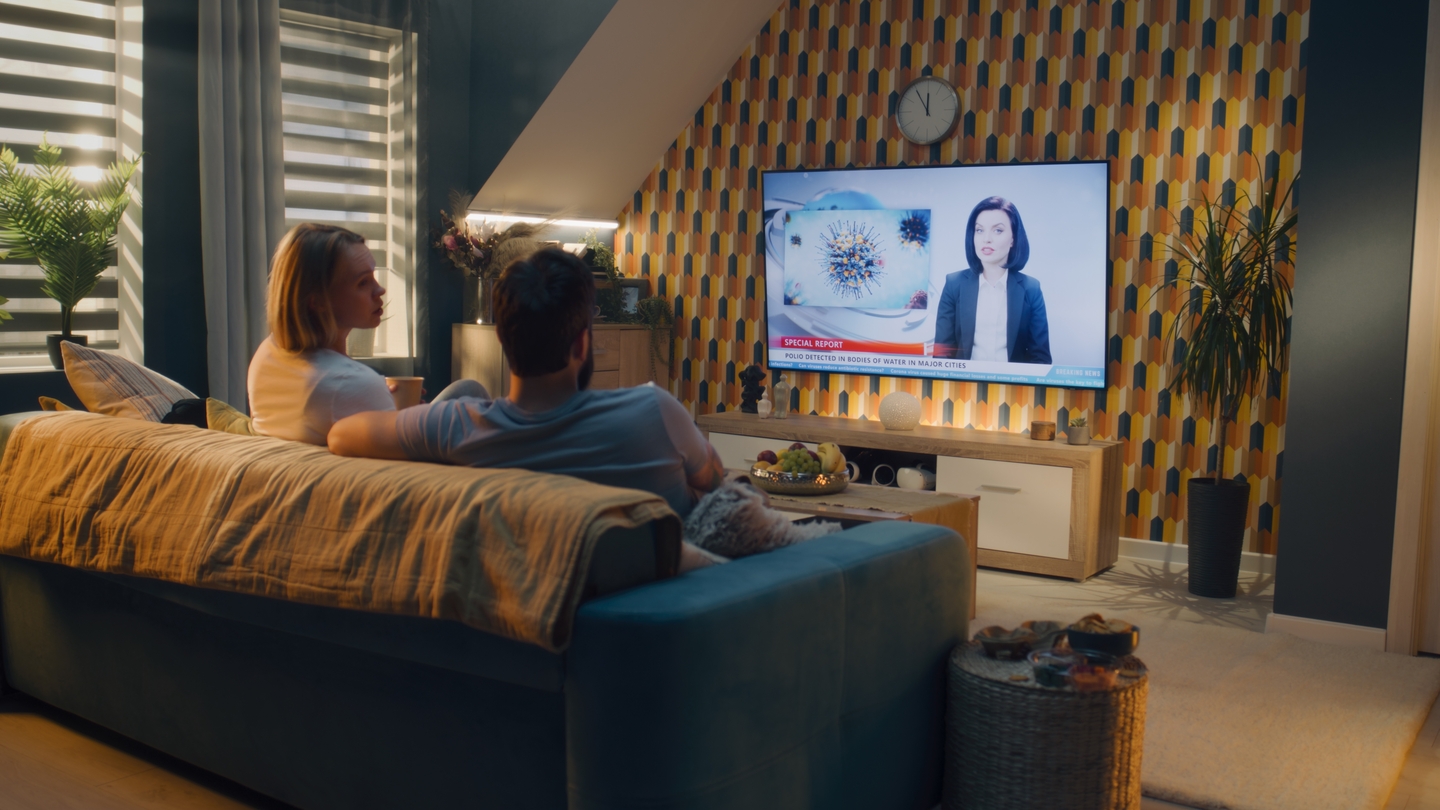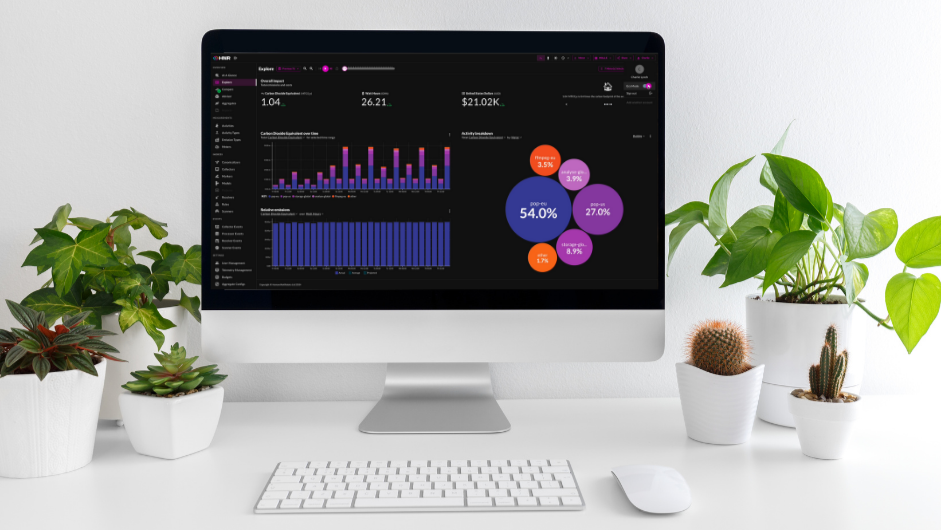At the Edinburgh TV Festival producers and broadcasters were urged to face up to the facts of an oversaturated market with few solutions on offer to stem the decline in work.
The writing is on the wall for many of the UK’s hundreds of independent TV companies and even one or more of the core public service broadcast (PSB) channels that have been the driver of the UK’s creative media industry for decades, according to senior TV executives.
Hearing from panellists at the Edinburgh TV Festival session ominously titled ‘Back from the Brink: Reimagining The Future of Television’ it seems the only way to survive is to admit that the decline in viewing to traditional TV is irreversible and that contraction is inevitable...
You are not signed in.
Only registered users can view this article.

Behaviour-based data: Defining the advertising audience
A shift to defining audiences based on behavioural characteristics, allied to greater use of programmatic trading, could help boost the TV ad market, Xperi’s Chris Kleinschmidt tells IBC365.

How sport is embracing DTC at both ends of the playing field
Kevin Emmott reports on how two English football clubs at starkly different points of the football pyramid are going direct to fanbases with their content output.

Sustainable streaming: Delivering a greener vision for OTT
Increasingly powerful analysis platforms, infrastructure optimisation, improved resource utilisation and new methods of compression are among the developments helping the streaming sector to reduce its environmental impact, writes David Davies.
Creating a new sense of place for Welsh media innovation
The emergent virtual production scene in Wales has been boosted by the arrival of two new world-class facilities in recent months, both secured with the collaborative backing of Media Cymru. James McKeown spoke to Media Cymru’s Deputy Director, Professor Sara Pepper OBE, about the consortium’s mission to put Wales on the global media innovation map.

Flawless AI: “You can't put new lines in people's mouths without consent”
AI tools like Flawless visual dubbing are making a strong case for standard use in Hollywood.


.jpg)
